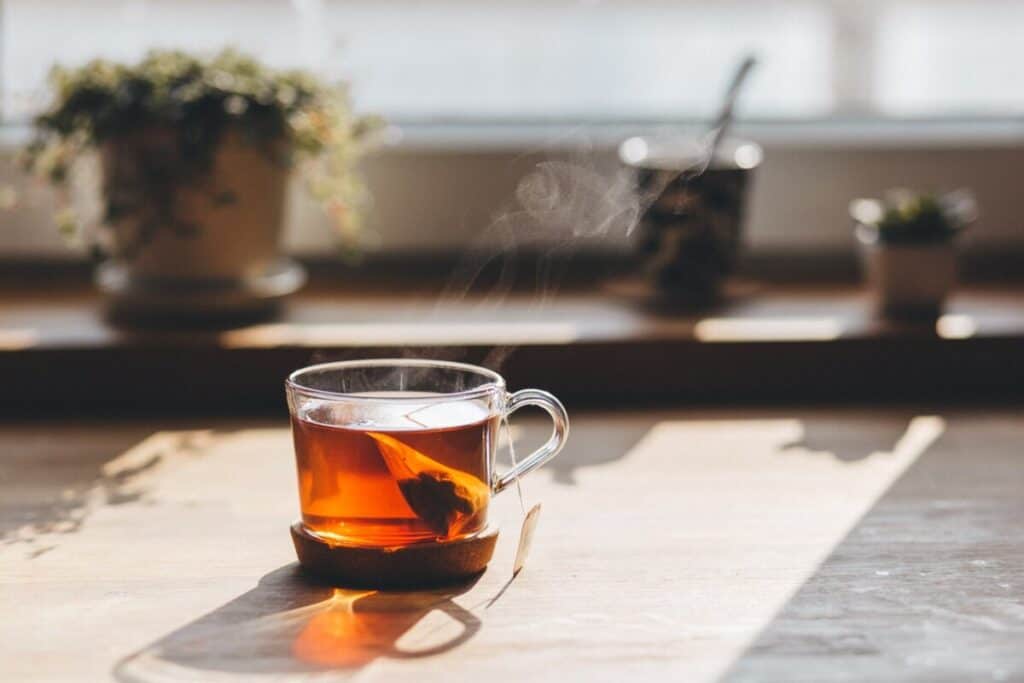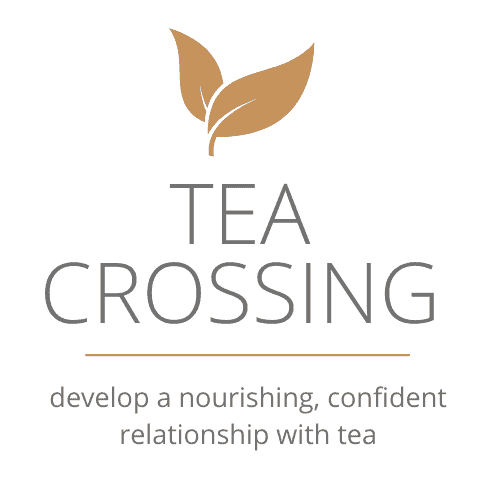Do you ever drink tea and feel like it makes you nauseous? If so, you’re not alone. Many people experience this issue when drinking tea. But what’s the science behind it? In this article, I will explore the possible reasons why tea can make some people feel sick. I will also discuss ways to reduce or prevent nausea while drinking tea and answer other related questions.
If you are reading this, you may know the feeling. You wake up, groggy and exhausted from a long night’s sleep. You stumble to the kitchen, start the kettle, and wait for that first delicious sip of tea. But then, something goes wrong. Your stomach starts to churn, you feel nauseous, and before you know it, you’re running for the bathroom. So, what gives? Why does tea make me nauseous?
Tea can make some people nauseous because it contains tannins, which are a type of astringent. Astringents can cause irritation and inflammation in the gastrointestinal tract, which may lead to nausea. In addition, the caffeine in tea can cause gastrointestinal upset and may contribute to nausea.
Sadly, if you find that tea makes you nauseous, it’s best to avoid it or limit your intake. You can also consider other types of tea such as herbal, flower, or mushroom teas.

Other Reasons for The Nausea
It turns out there are a few possible explanations for this frustrating and odd phenomenon.

Let’s take a look at some of the science behind why tea may make you sick to your stomach.
- You might be drinking tea on an empty stomach. An empty stomach increases the irritating aspects of both tannins and caffeine. You can eat something small, like a cracker or toast, to bind with the tea. Adding milk to your tea will also bind to the tannins and help you to avoid nausea.
- Certain herbal teas may also be more likely to cause nausea due to their content of essential oils. These oils can stimulate the digestive system and cause cramping. Peppermint oil, in particular, is known to be a gastric irritant. Ironically, mild peppermint tea (even smelling the essential oil) can often help with nausea. Ginger tea and chamomile tea can ease nausea as well.
- Finally, it’s worth noting that hot beverages are more likely to cause nausea than cold ones. This is because hot liquids can trigger the release of stomach acids and relax the lower esophageal sphincter (LES). The LES is a muscle that separates the stomach from the esophagus. When it relaxes, stomach contents can more easily flow back up into the esophagus, leading to nausea.
“Tea can make some people nauseous because it contains tannins, which are a type of astringent. Astringents can cause irritation and inflammation in the gastrointestinal tract, which may lead to nausea. In addition, the caffeine in tea can cause gastrointestinal upset and may contribute to nausea.”
TEA CROSSING
Does Tea Worsen Nausea?
If you are already nauseous, it’s possible that drinking tea with either caffeine or tannins could make your nausea worse.
Tannic acid would irritate your stomach and lead to nausea.
In addition, Caffeine is a stimulant, and it can speed up the movement of your digestive system. This can cause cramping, bloating, and diarrhea. It can also make you feel jittery and anxious, which can worsen nausea.
If you’re feeling nauseous, it’s best to avoid caffeine and tannins altogether.
As I mentioned above, try drinking mild peppermint, chamomile, or ginger tea instead.
How To Reduce Nauseating Effect When You Drink Tea
If you love tea but find that it causes nausea, there are some considerations to keep in mind. There are several things you can do to enjoy tea without the stomach upset.

Consider these tips:
- Drink tea in moderation. Avoid consuming large quantities of caffeine, as this can lead to nausea.
- Choose teas that are lower in tannins. Tannic acid is a type of tannin that is particularly astringent. So, opt for teas that are lower in tannic acid to avoid feeling nauseous. Lower tannin teas include green tea, white tea, and most herbal teas.
- Steep your tea for a shorter period. This will help reduce the number of tannins present in the tea.
- Add milk or cream to your tea. This will help bind to the tannins and reduce their astringent taste. Additionally, milk can also help settle an upset stomach.
What Kind Of Tea Is Good For Anxiety?
There are many different types of tea, and each type can have different effects on the body. If your nausea is accompanied by anxiety, there are a few things to keep in mind.
Some teas, like green tea, are thought to be helpful for anxiety because they contain ingredients that can help to relax the body.
However, other teas, like black tea, may make anxiety worse because of the caffeine they contain.
If you’re not sure which type of tea is right for you, it’s always a good idea to speak with your doctor or another healthcare professional before trying anything new.
Why You Shouldn’t Drink Tea After A Meal?
You might have heard that you shouldn’t drink tea after a meal, and there is some science behind it.
When you eat, your digestive system releases stomach acids to break down food. These stomach acids are really strong, and they can damage the lining of your stomach if they’re not properly regulated. Tea contains tannins, which are compounds that can bind to these stomach acids and make them even stronger.
So, drinking tea immediately after eating a full meal can increase the risk of developing an ulcer or other gastrointestinal problems.
If you want to drink tea, it’s best to wait at least an hour after eating.
Does Tea Make You Poop?
The answer to this question is a little complicated. While tea does have laxative effects, it doesn’t work the same way for everyone.
For some people, tea may help relieve constipation by increasing the amount of water in their intestines. This can soften stools and make them easier to pass.
However, other people may find that tea has the opposite effect and makes their constipation worse.

If you’re struggling with constipation, there are a few things you can do to try and get relief. First, make sure you’re drinking plenty of fluids throughout the day. This will help keep your stool soft and easy to pass.
You can also try eating more high-fiber foods, like fruits, vegetables, and whole grains. These foods can help add bulk to your stool and make it easier to pass.
Finally, if you’re still having trouble, you may want to talk to your doctor about other options. They may recommend a laxative or stool softener that can help get things moving again.
So, does tea make you poop? It depends on the person. For some people, it can be a helpful way to relieve constipation. However, others may find that it makes their symptoms worse. If you’re struggling with constipation, talk to your doctor about what treatment options are best for you.
Final Words
By following these tips, you can help reduce the chances of feeling nauseous when you drink tea. So next time you’re craving a cup of tea, don’t let the fear of feeling sick hold you back. Enjoy your cup of tea with some common-sense caution and adjustments.

